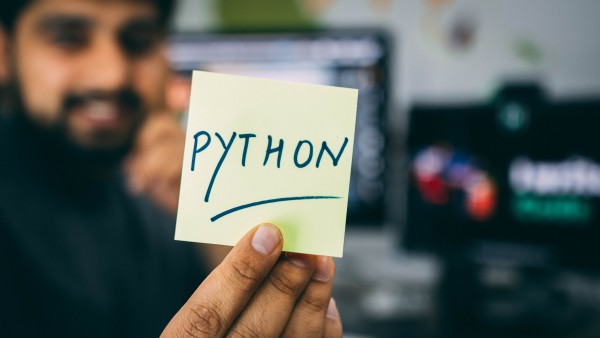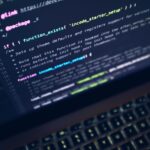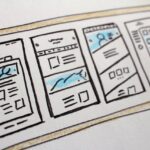Embarking on a journey into Python programming as a beginner can be both exhilarating and daunting. This comprehensive guide is designed to equip beginners with the essential strategies, resources, and practices necessary to navigate the world of Python development and establish a robust understanding of the language.
1. Grasping the Fundamentals:
a. Basic Syntax and Concepts: Begin by acquainting yourself with Python’s foundational syntax, understanding variables, data types, loops, conditional statements, and basic operations.
b. Function Creation: Dive into creating and utilizing functions to compartmentalize code, promote reusability, and effectively execute specific tasks within programs.
2. Leveraging Learning Resources:
a. Online Courses and Tutorials: Explore various online platforms such as Codecademy, Khan Academy, Coursera, or freeCodeCamp offering interactive and beginner-friendly Python courses.
b. Python Documentation Exploration: Familiarize yourself with Python’s official documentation, an invaluable resource providing comprehensive insights into language features, modules, and functionalities.
3. Cultivating Regular Practice:
a. Coding Challenges and Exercises: Engage in coding challenges available on platforms like LeetCode, HackerRank, Codewars, or Exercism to strengthen problem-solving skills and solidify Python knowledge.
b. Personal Project Initiatives: Initiate personal projects, such as building a simple calculator, a basic game, or a small automation script, to apply Python concepts practically and gain hands-on experience.
4. Prioritizing Code Readability:
a. Clean Code Practices: Embrace clean coding practices by using descriptive variable names, maintaining consistent indentation, and structuring code for clarity and readability.
b. PEP 8 Adherence: Abide by PEP 8 standards, a set of guidelines outlining Python’s coding style, to ensure uniformity and readability across your codebase.
5. Developing Debugging Skills:
a. Debugging Techniques: Familiarize yourself with debugging methodologies, utilizing print statements and debugging tools to identify and rectify errors within your code.
b. Exception Handling Mastery: Understand the concept of exception handling to gracefully manage errors that might occur during code execution, ensuring smooth program flow.
6. Embracing Data Structures and Algorithms:
a. Foundational Data Structures: Explore fundamental data structures like lists, dictionaries, tuples, and sets, comprehending their functionalities and how to manipulate them.
b. Algorithm Exploration: Begin exploring basic algorithms such as sorting algorithms (e.g., bubble sort, merge sort) and searching algorithms (e.g., linear search, binary search) to cultivate problem-solving abilities.
7. Emphasizing Version Control and Collaboration:
a. Version Control Basics: Grasp the fundamentals of version control using Git, comprehending concepts like commits, branches, and merges for effective code management and collaboration.
b. Utilization of GitHub: Utilize platforms like GitHub to store and share your code, collaborate with other developers, and grasp the collaborative workflow essential for real-world projects.
8. Engagement with the Python Community:
a. Online Forums and Communities: Join active Python forums and communities on platforms like Stack Overflow, Reddit (e.g., r/learnpython), or Discord servers to seek guidance, share knowledge, and engage with fellow learners and experts.
b. Participation in Meetups or Webinars: Actively participate in local or online Python meetups, workshops, webinars, or coding clubs to expand your network, gain insights from experienced developers, and foster a sense of community.
Conclusion:
Venturing into Python development as a beginner necessitates dedication, patience, and consistent effort. By integrating these foundational tips into your learning journey, you can establish a robust understanding of Python programming, laying the groundwork for a fulfilling and rewarding experience in the world of software development.










